Election 2025: Anthony Albanese donor James Chan linked to foreign influence body
Thousands of dollars was accepted from a long-term office holder of a controversial Chinese group red-flagged by the Attorney-General as an agent of foreign influence.
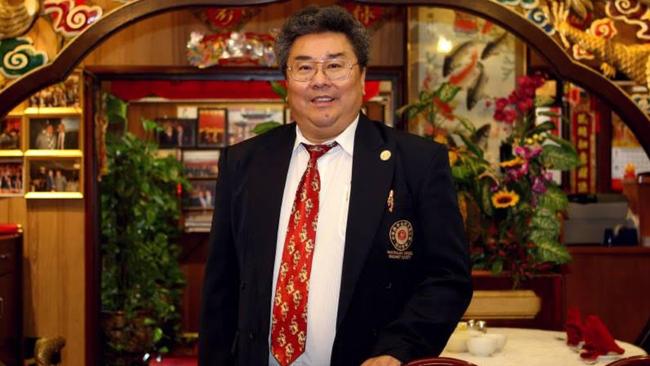
Anthony Albanese accepted thousands of dollars from a long-term senior office holder of a controversial Chinese group red-flagged by the Attorney-General as an agent of foreign influence.
Sydney restaurateur James Chan was reportedly among those who paid $2000 to attend a Labor fundraising dinner with the Prime Minister this month.
Mr Chan reportedly denied any link to the Australian Council for the Promotion of Peaceful Reunification of China – which in 2023 became the first group to be declared a foreign government-related entity under the Foreign Influence Transparency Scheme Act – when asked by The Australian Financial Review about his attendance at the dinner.
However, cached pages from the ACPPRC’s now-defunct website obtained by The Australian show that Mr Chan was listed as a vice-president of the organisation as long ago as September 2016 and as recently as November last year, some 10 months after Attorney-General Mark Dreyfus declared it a foreign influence body.
The Australian has also found a photograph of Mr Chan sitting at a table with Huang Xiangmo, the notorious Chinese figure and former ACPPRC president whom security agencies barred from re-entering the country.
The photograph was taken when the ACPPRC moved a motion strongly condemning the “evil acts” of Hong Kong independence and calling on the overseas Chinese community to unite and “fight” against the independence movement.
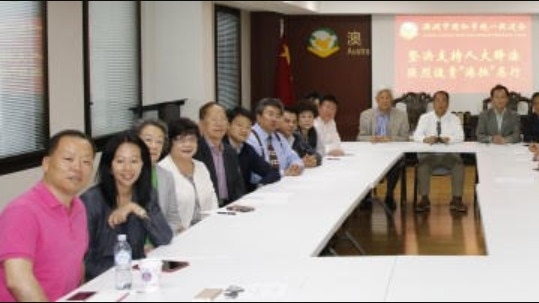
Huang Xiangmo was the billionaire property developer and significant political donor whose ties to former Labor senator Sam Dastyari – and Mr Dastyari’s decision to warn Mr Huang that his phone was probably being tapped by security agencies – ultimately ended the senator’s political career.
Mr Huang was barred from re-entering Australia in 2019 due to security agency concerns about his alleged political interference.
The cached web pages show Mr Chan was listed as a vice-president of ACPPRC at the same time Mr Huang was its president.
Mr Chan has long been a significant figure in Sydney’s Chinese community and in 2014 was awarded the Medal of the Order of Australia for his services to the Chinese community of Greater Western Sydney.
He was the owner of long-running Chinese restaurant Chan’s Canton Village in Liverpool, which closed last year when Mr Chan chose to retire after more than 40 years. Framed photographs of Mr Chan with politicians including former prime minister Kevin Rudd and former NSW premier Kristina Keneally sat at the restaurant’s reception.
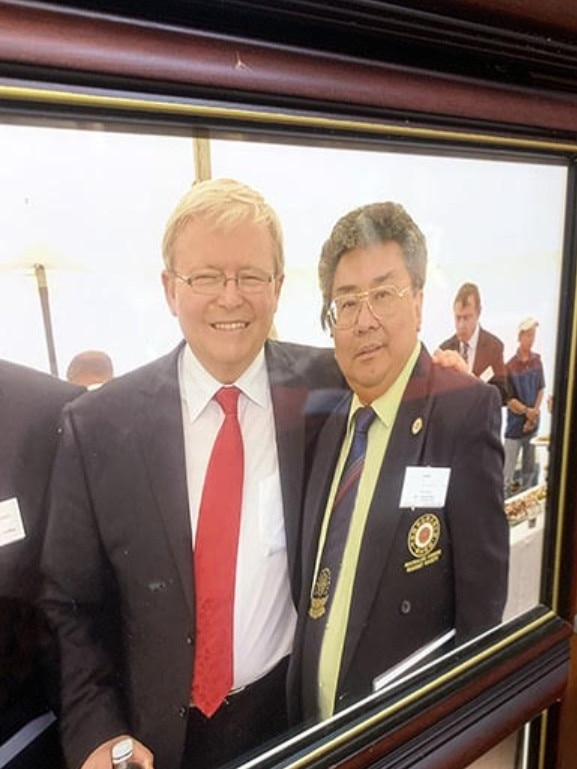
Labor MP for Werriwa Anne Stanley praised Mr Chan in parliament at the time, noting his “influence, generosity to local charities and contributions extend far beyond western Sydney”.
“The restaurant may close, but our friendship won’t, nor will James’s ongoing commitment and service of his community,” Ms Stanley said.
NSW Labor MP Guy Zangari also paid tribute to Mr Chan in parliament, thanking him for his hard work for the community “and for being a great friend and supporter”. Mr Chan was also photographed alongside NSW Premier Chris Minns at the opening of an MP’s office in 2023.
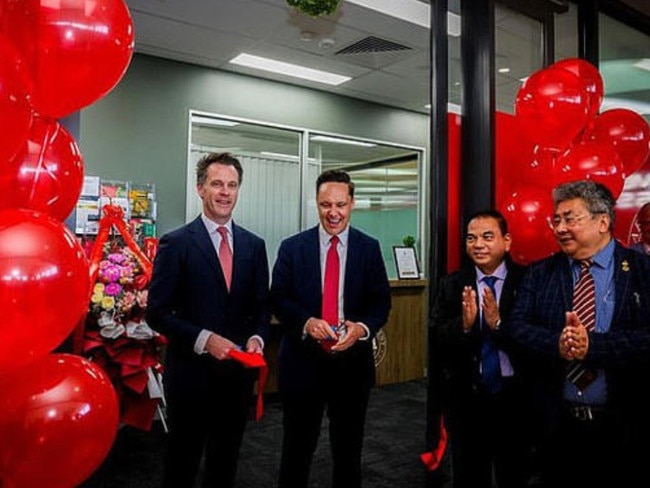
Charles Sturt University professor of public ethics Clive Hamilton – whose books, Silent Invasion and Hidden Hand, investigate China’s attempts at covert influence across Australia and the world – told The Australian the ACPPRC was “unquestionably” an arm of China’s United Front initiative.
He has previously described United Front as the Chinese Communist Party’s “magic weapon”, which is used to infiltrate political processes, influence opinions and get close to foreign leaders.
Professor Hamilton said a recent vice-president of the ACPPRC attending a prime ministerial fundraiser should “set off a big alarm bell”.
“If there are people prominent in (ACPPRC) attending fundraising events by senior politicians, then that’s definitely a win for United Front activity in Australia,” he said.
He said the placing of people who are or have been in prominent positions within United Front organisations close to the Prime Minister or other senior members was “exactly” what United Front had been set up to do.
He warned that the election campaign could leave both Labor and the Coalition vulnerable to influence.
“Both major political parties are attempting to woo the Australian Chinese community in a handful of seats with large ethnic Chinese communities, and that means that they are soft-pedalling on any issue that might antagonise Beijing,” he said.
Professor Hamilton said he was concerned that the growing focus from Australian security agencies on issues around pro-Palestinian activity in Australia and Russian interference were diverting attention from China’s attempts to cultivate influence.
“There’s certainly a risk that senior politicians, including the Prime Minister and the Leader of the Opposition, will be less vigilant about foreign influence if they’re chasing the votes of Chinese Australians, and so I’m hoping that the security agencies aren’t dropping their guard,” he said.
“I’m a bit concerned in general, to tell you the truth, that the security and intelligence agencies in Australia have had their attention diverted to other questions and taken the heat off United Front activity in Australia.”
Neither the Prime Minister’s office nor Mr Chan responded to requests for comment before publication.






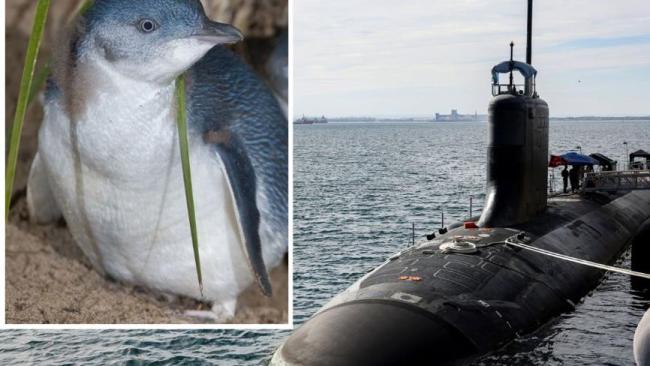
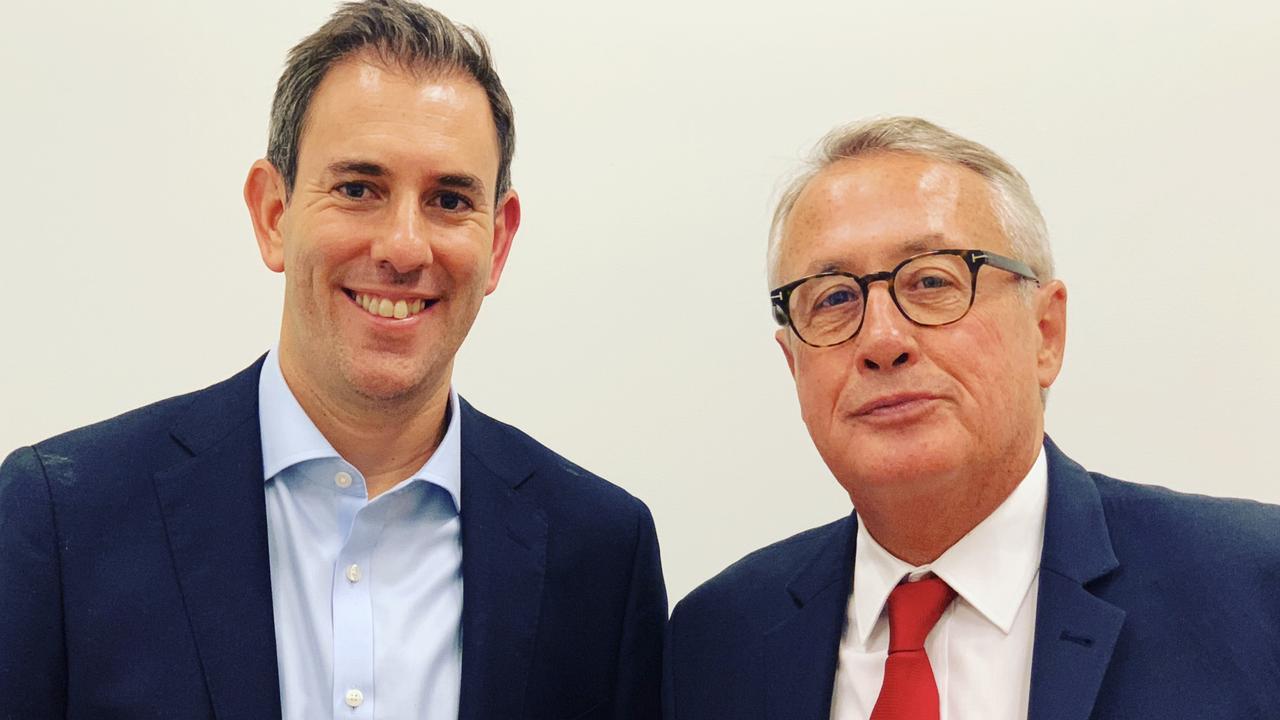
To join the conversation, please log in. Don't have an account? Register
Join the conversation, you are commenting as Logout